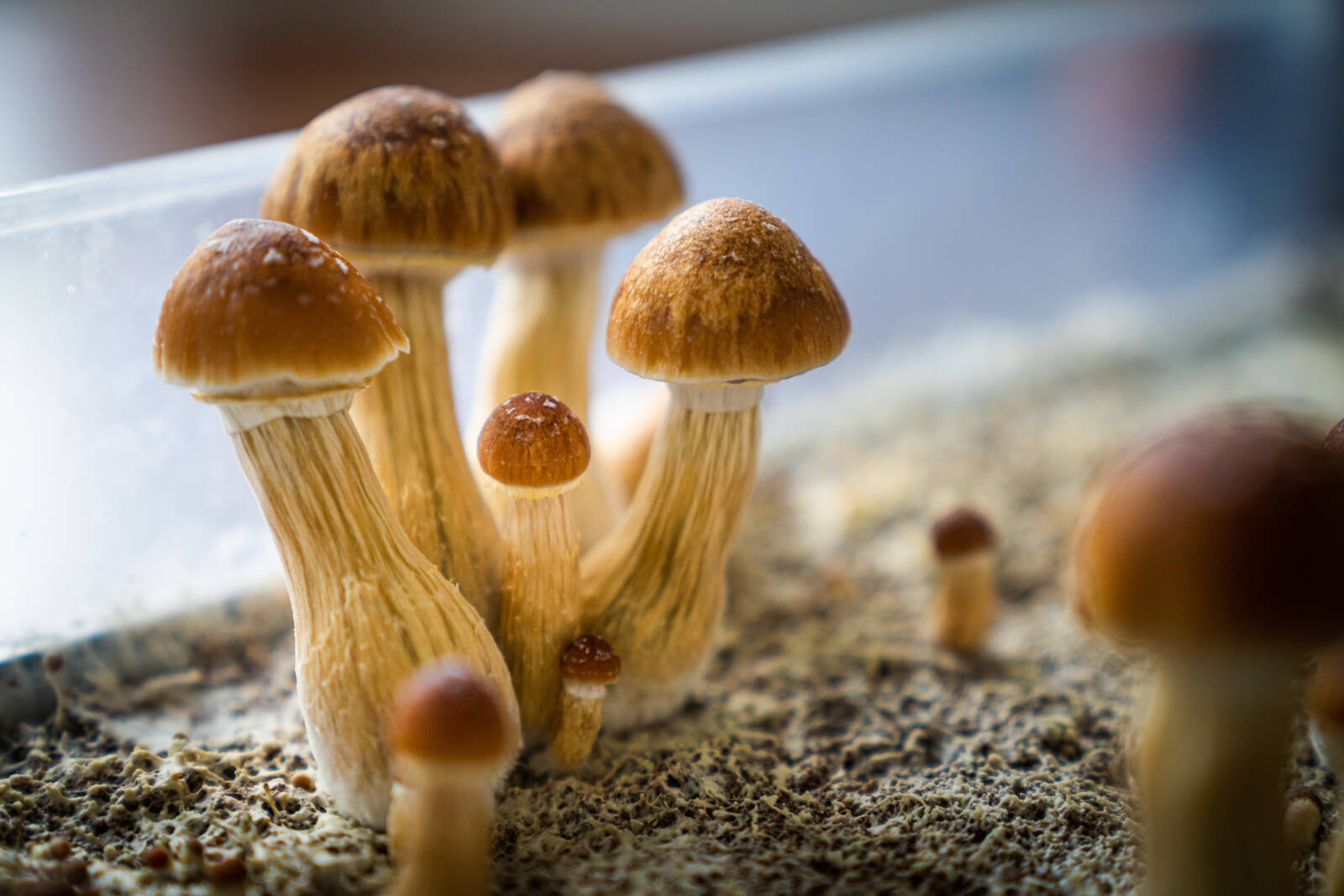By Owen Fullerton, Local Journalism Initiative Reporter, YGK News
A new facility in Kingston is looking to bring healing and growth through community and psychedelics, with programming ramping up in the coming months.
Neuma opened its doors in September, tapping into a grant from the City of Kingston that focused on sponsoring innovative ideas in the health sector.
The facility is trying to bring healing and growth with the help of psychedelics into Kingston as the overall sector of psychedelic medicine research continues to grow.
States like Oregon and Colorado have moved to decriminalize plants like psilocybin, and in May a facility in B.C. was licenced by Health Canada to produce an estimate 2,000 kg of dried mushrooms a month.
READ MORE: Magical medicine: B.C. cannabis farmers are ready to safely produce psilocybin
At this time Neuma is only using what is legally available to them as they await in hope of federal regulatory amendments, primarily through psychedelic sampler classes that combine mindfulness, music and breathwork with the intentional use of cannabis.
Neuma’s co-founder Cory Firth says especially since its legalization, cannabis has come to be seen as a recreational drug, but through more deliberate use it can be a transformational and medicinal tool.
Through these three-hour classes, participants are introduced to a psychedelic experience in a safe space and – importantly for Neuma – in a group setting.
Firth says the integration of psychedelics in a community setting is at the core of what Neuma is trying to do, and also on a financial level just makes the sessions more accessible.
“We feel that psychedelics should be built inside of a container of group connection and community, not just one on one with a therapist,” Firth said.
“A lot of magic happens within the group container, and there’s a lot of research that shows group therapy and group coaching can really have a benefit on the individuals.”
READ MORE: More than 100 health-care professionals challenge rejection of psilocybin access
Last month, Neuma held a dedicated sampler class for frontline workers, hoping that healthcare staff who especially in the last few years have been overwhelmed and stressed, can access tools that can help bring relief.
“There’s a lot of people that are looking for an alternative,” Firth said. “And we think this is a really accessible alternative to that current experience for those on the frontline to help with a lot of the fatigue, stress and burnout that’s happened over the last two years on that entire health care system.”
To boil it down, Firth says Neuma is trying to help people better understand and deal with emotions to increase their resiliency, and felt that’s something frontline workers could be supported by.
In his eyes, anyone operating a space similar at all to Neuma should be doing so with the purpose of building that resiliency and ultimately putting themselves out of business.
“Psychedelics have the potential of not being this constant pill we pop,” Firth said.
“It has a tool to be able to teach people how to take some sovereignty back into their health and wellness practices and allows them to build skills for themselves to help sort of manage and improve on their symptoms of mental health.”
Firth says his own experience with how transformative the intentional use of psychedelics can be has led him down this path as a career, and at this point there’s enough research out there that the question shouldn’t be whether or not there is medicinal and transformative applications of psychedelics, but how they can help specific individuals and if those people are ready for them.
READ MORE: Canada’s largest magic mushroom plant opens in Princeton
The sampler acts sort of as an introduction to more comprehensive programs like the four-day group psychedelic cannabis program also offered, with the first of those offered in December.
That program offers tiered pricing, as the centre’s Equal Access Community Fund borrows from higher payment levels to open more access to those with lower income.
Clinical Director Richard Tyo, who has a background in crisis work with AMHS prior to training with psychedelics, says the skills used during sessions are extremely translatable, and some who have participated say it almost feels like training modules for their own day to day.
He says the combination of working within the mental health system and then learning more about psychedelic assisted therapy brought him to the realization that there were cracks that psychedelics might be able to help fill.
“My own personal use and then seeing the limitations of the mental health system,” Tyo said. “There’s a lot of trauma and they just don’t address it. The psychedelic way of healing is sort of moving towards the symptom and dealing with the root causes.”
He does say, however helpful psychedelics can be, he thinks it’s important that people temper their expectations as they move more into the mainstream.
Tyo says these tools aren’t a “silver bullet” but an ally to be used to help a person move towards their intention.
“Without tempering that you’re just going to have another sense of loss,” Tyo said.
“Because you’re putting too much emphasis on that versus like ‘I can grab ahold of my healing, and I can co-create my healing and do the work’.”
Neuma hopes to intertwine itself in the Kingston community, particularly current students who could end up being the first round of psychedelic practitioners.
Find the latest must-read stories from the cannabis world at canadianevergreen.com, your go-to source for news, trends, products and lifestyle inspiration from the cannabis community and beyond. You can also follow us on Facebook and Instagram and Twitter.

